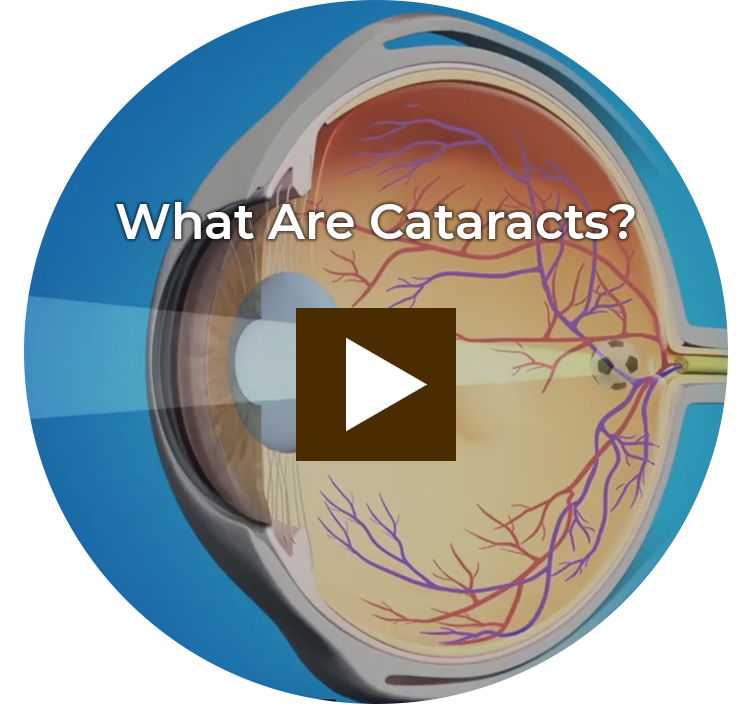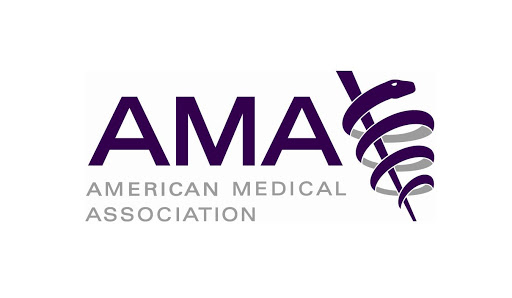Meibomian gland dysfunction (MGD) is a common eye condition, yet many people don’t realize they have it. You get it when there’s a problem with a few dozen tiny glands in your eyelids that help make the oil layer of your tears.
What Happens
These meibomian glands, named after the German doctor who studied them, make an oil called meibum. Meibum, water, and mucus form the three layers of tear film, the fluid that keeps your eyes moist. The oil helps prevent the water layer on the eye surface from evaporating or drying out too quickly.
Changes to the amount or quality of the oil, or to the glands themselves, can lead to MGD. It’s often the result of a combination of things. The most common type, obstructive MGD, happens when the gland openings get clogged, and less and less oil reaches the eye surface.
Your doctor will tailor treatment based on the stage of your MGD as well as any underlying medical condition you have.
Causes
Age plays a part; the number of meibomian glands goes down over time. So does your ethnicity; Asian people are about three times more likely to get MGD than people with a European ancestry.
Wearing contact lenses makes you more likely to get it.
Common medical issues linked to MGD are:
- High cholesterol and triglycerides
- Allergic conjunctivitis and other eye diseases
- Inflamed or damaged eyelid or cornea
- Bacterial infection
- Autoimmune diseases like rosacea, lupus, rheumatoid arthritis, and Sjögren’s syndrome
Certain medications can cause problems with oil production, including:
- Estrogen replacement therapy
- Drugs that reduce androgen
- Retinoids, from acne medication to anti-aging creams
Symptoms
In its early stage, you might not have any symptoms. However, as MGD progresses and you have less oil or poor-quality oil in your tear film, your eyes may burn, itch, or be irritated or dry. It might feel like you have a grain of sand or dust in your eye. An irritated, inflamed eyelid may be red.
Medical Treatment
For more advanced MGD and depending on what other health issues you have, your doctor may add medications to your care plan:
- Lubricants
- Antibiotics for infections
- Cyclosporine to suppress your immune system
- Steroids that help ease inflammation
These could be eye drops or spray, creams, or pills.
In the office, your doctor may use devices that send heat or pulsed light to open blocked Meibomian glands and improve symptoms. It’s important to stick with your treatment, especially home care, to reverse MGD or keep it from getting worse.
Call Today for an Appointment
502-368-3937








